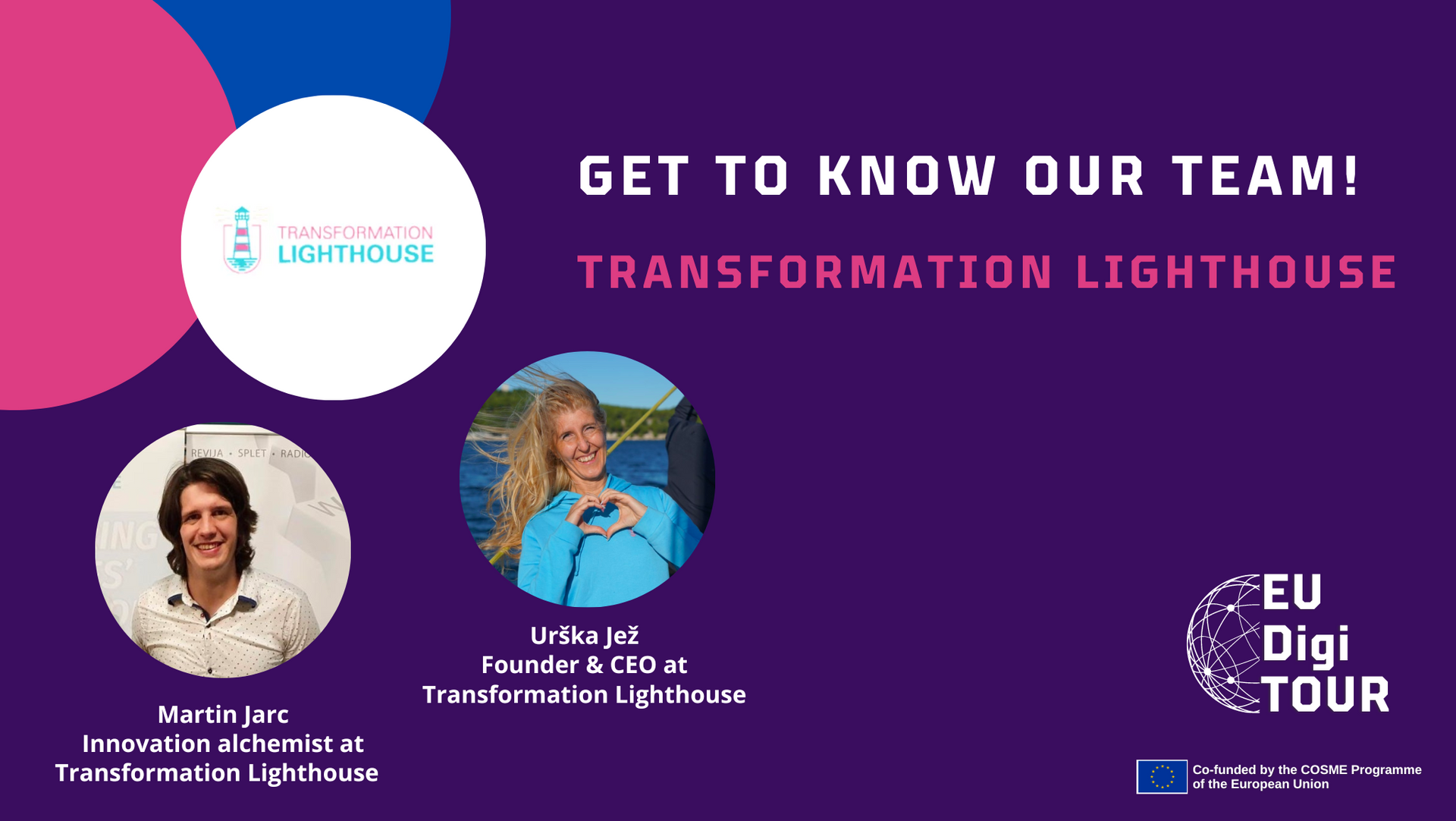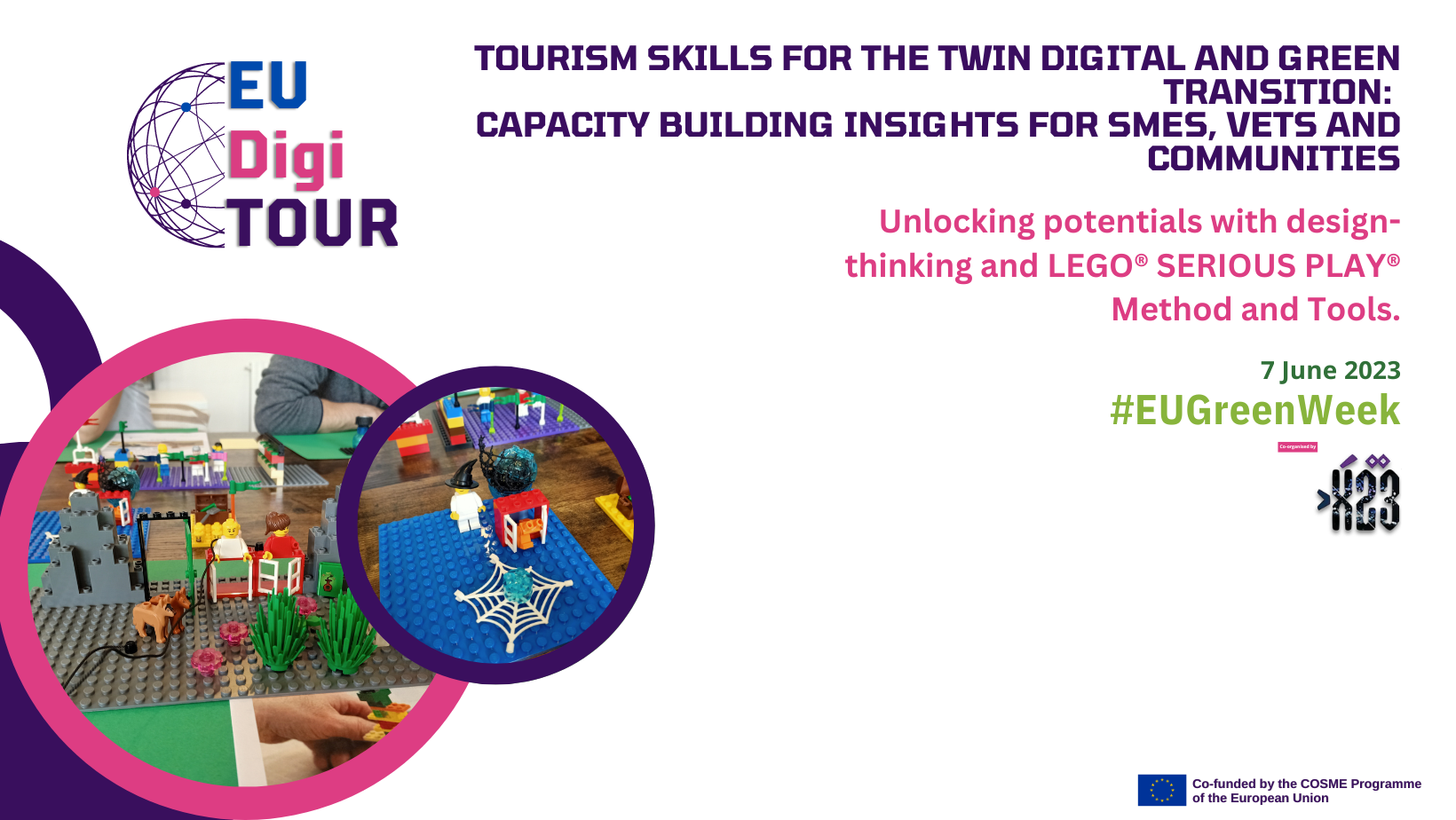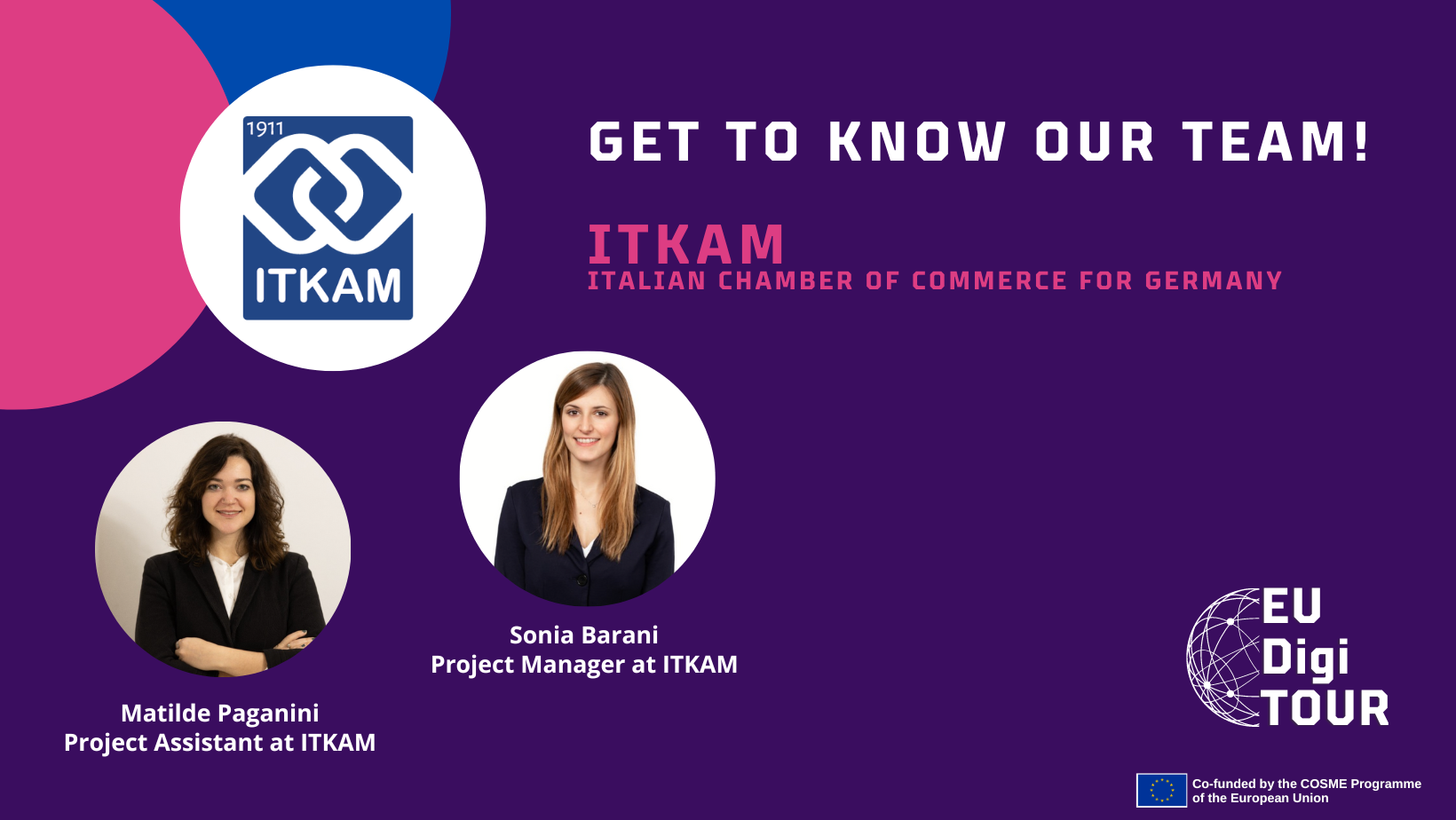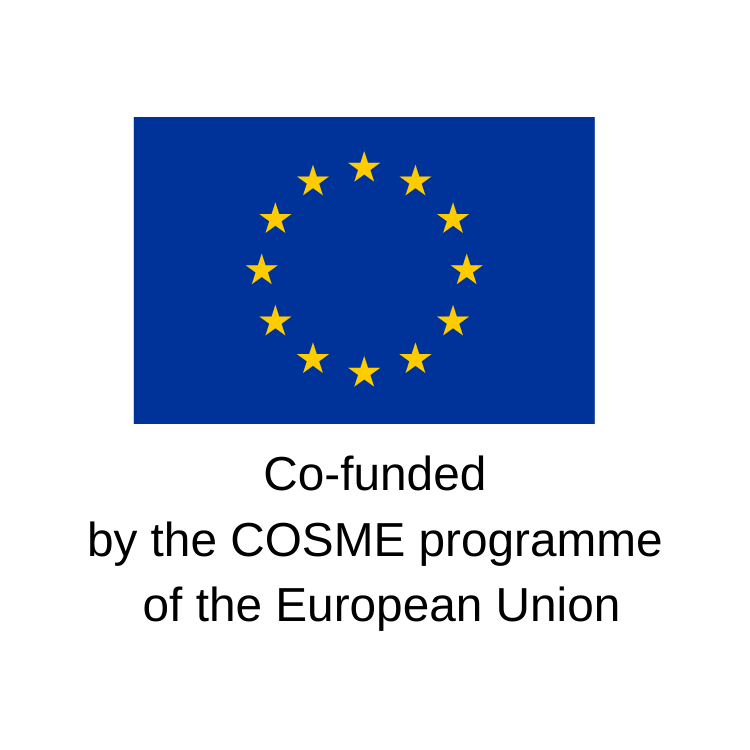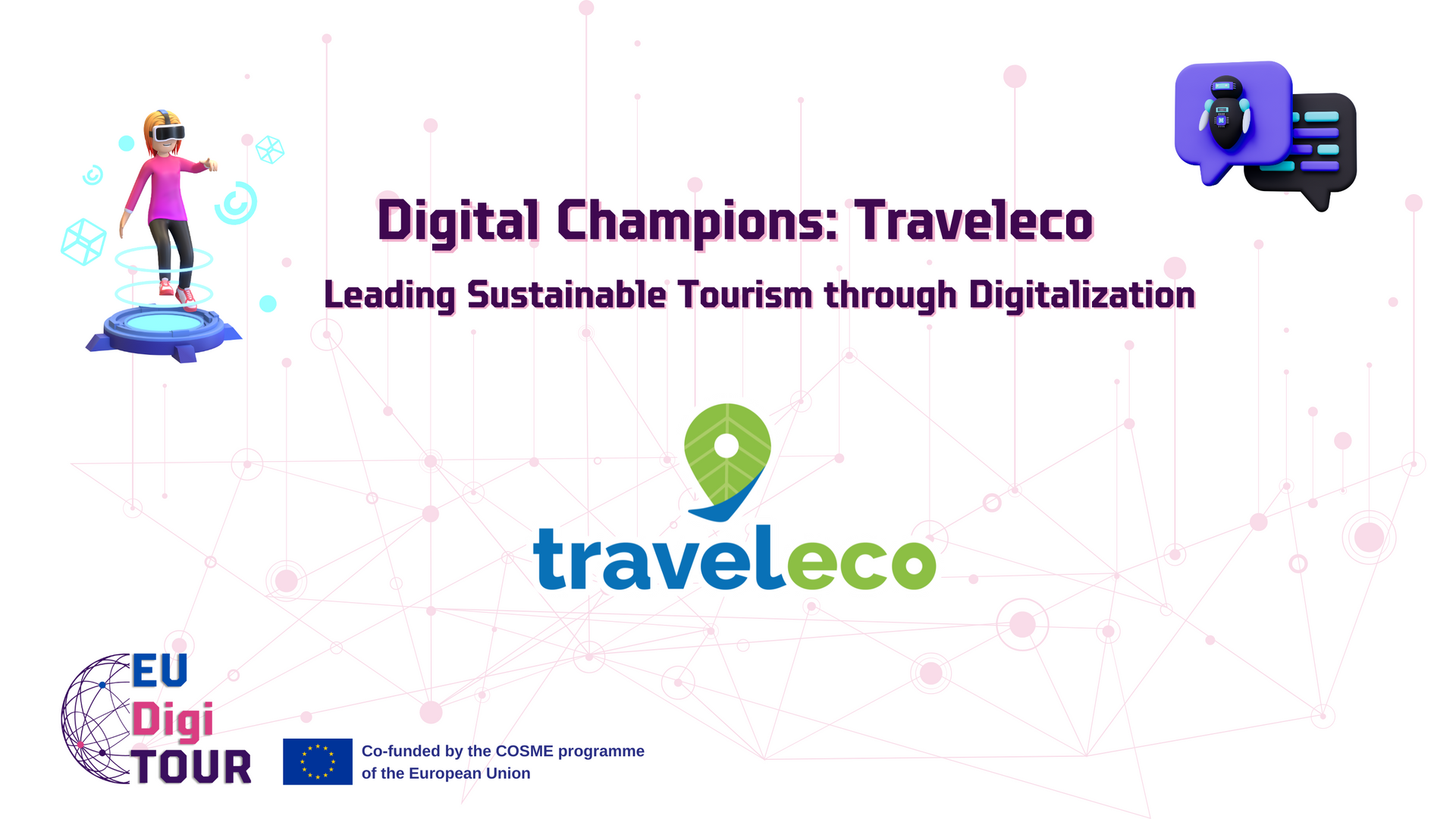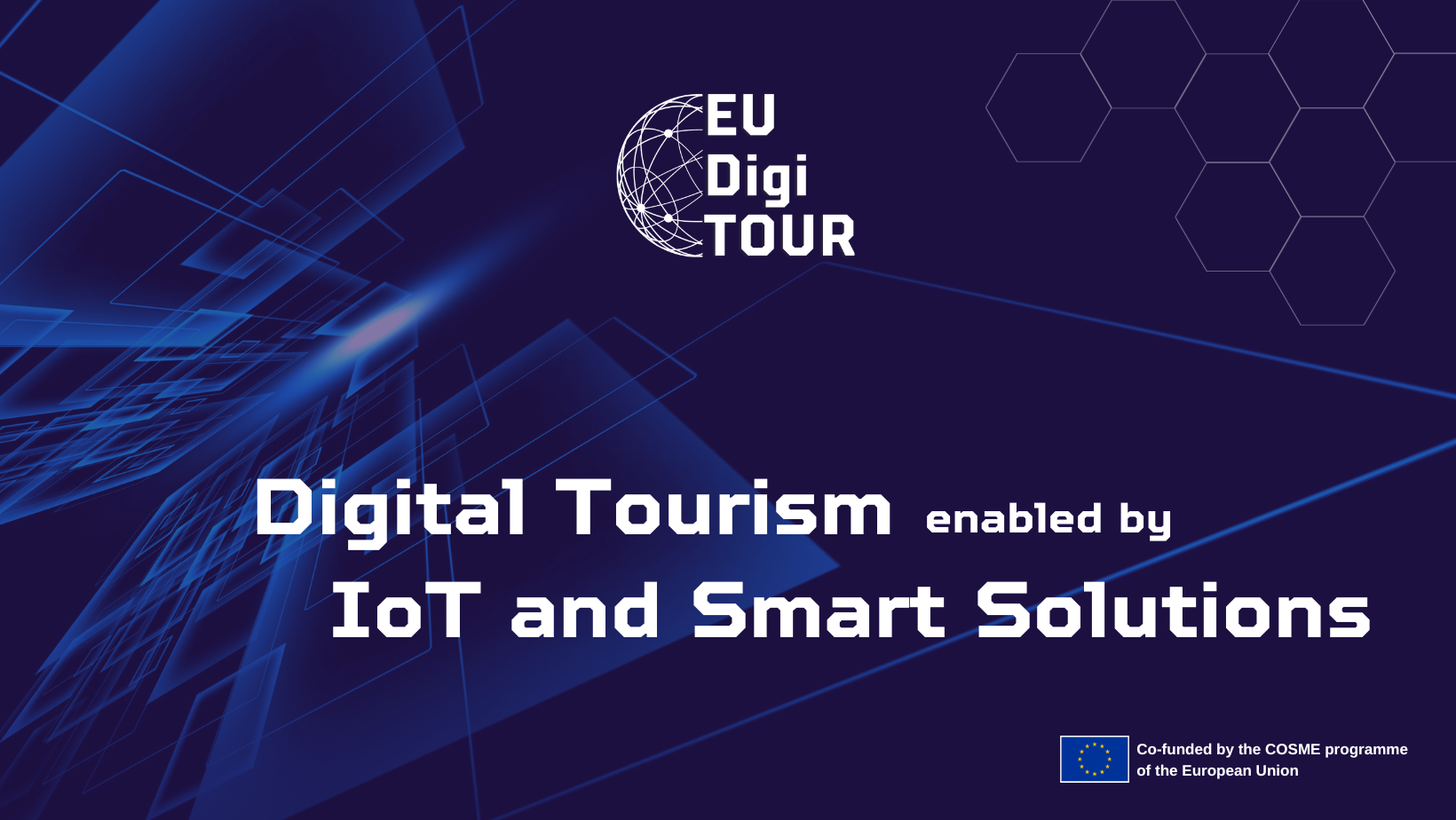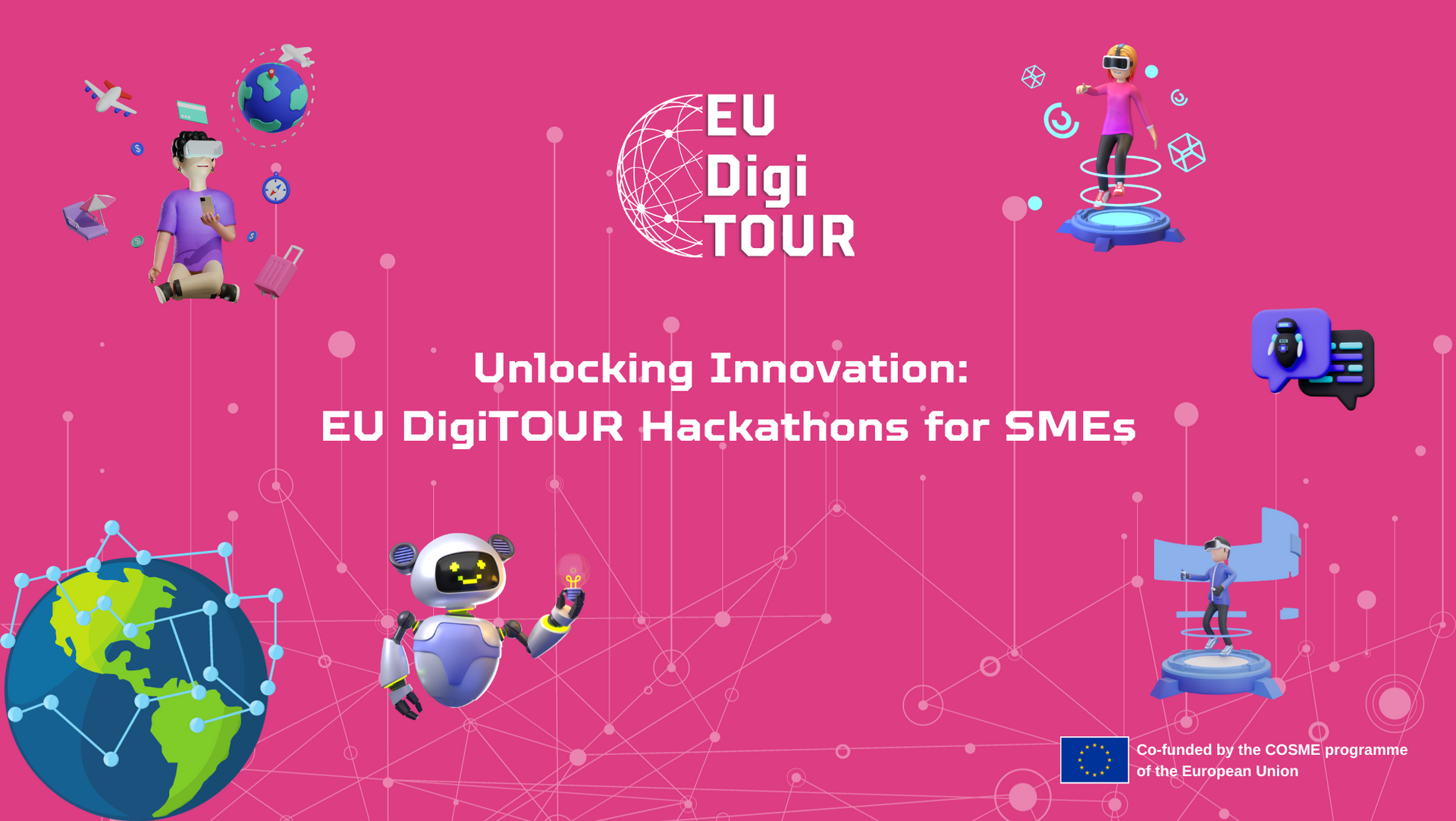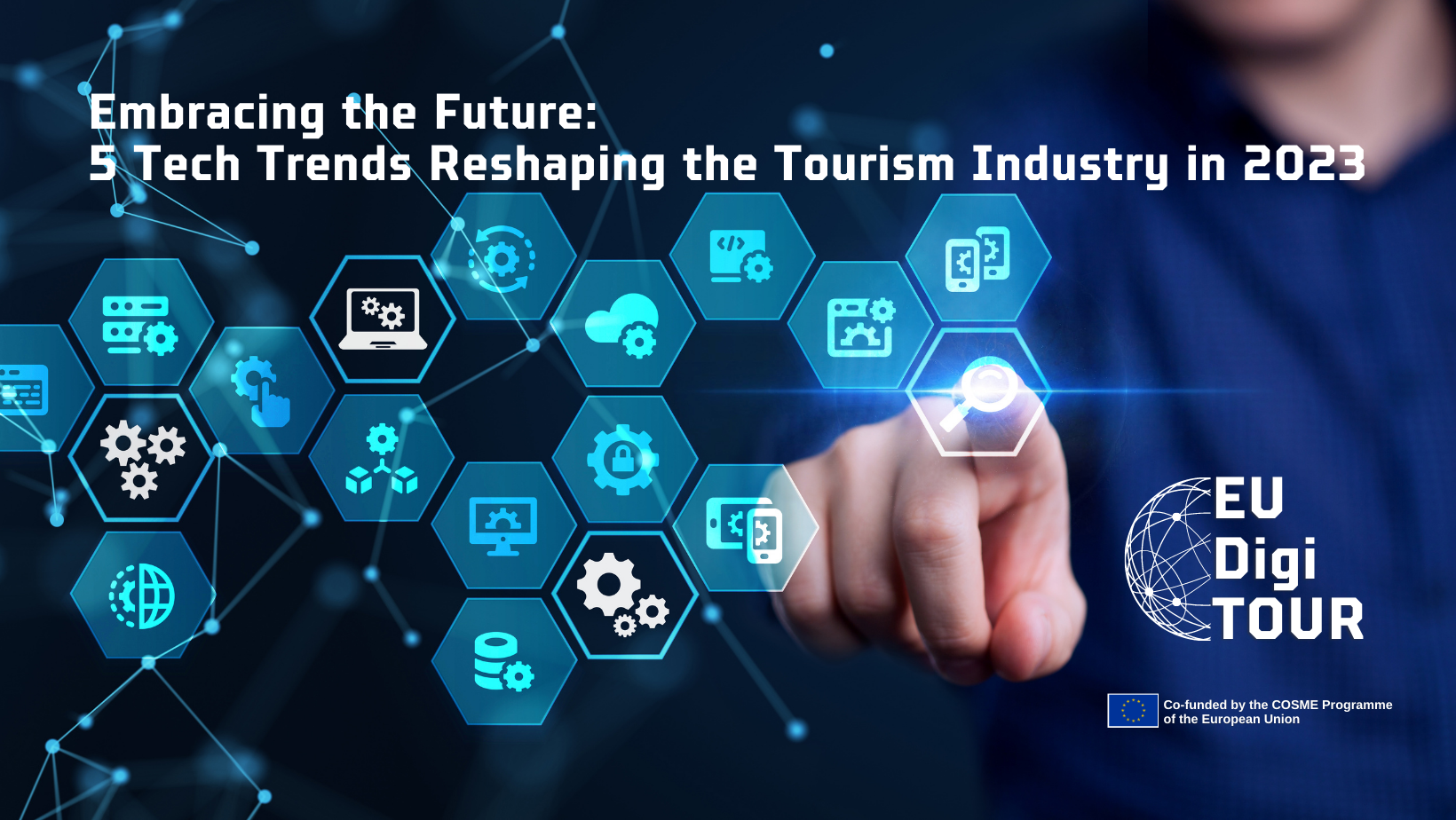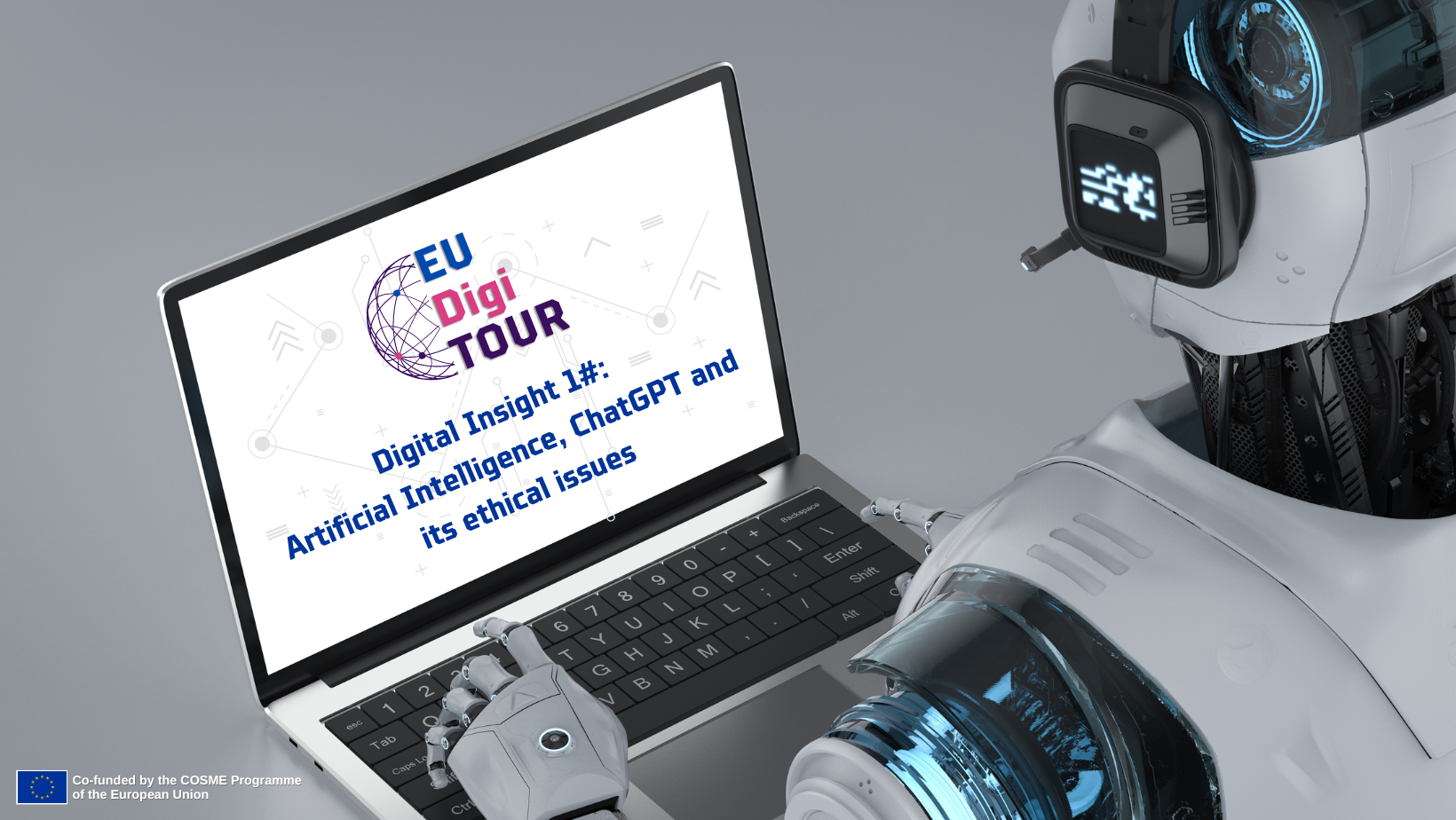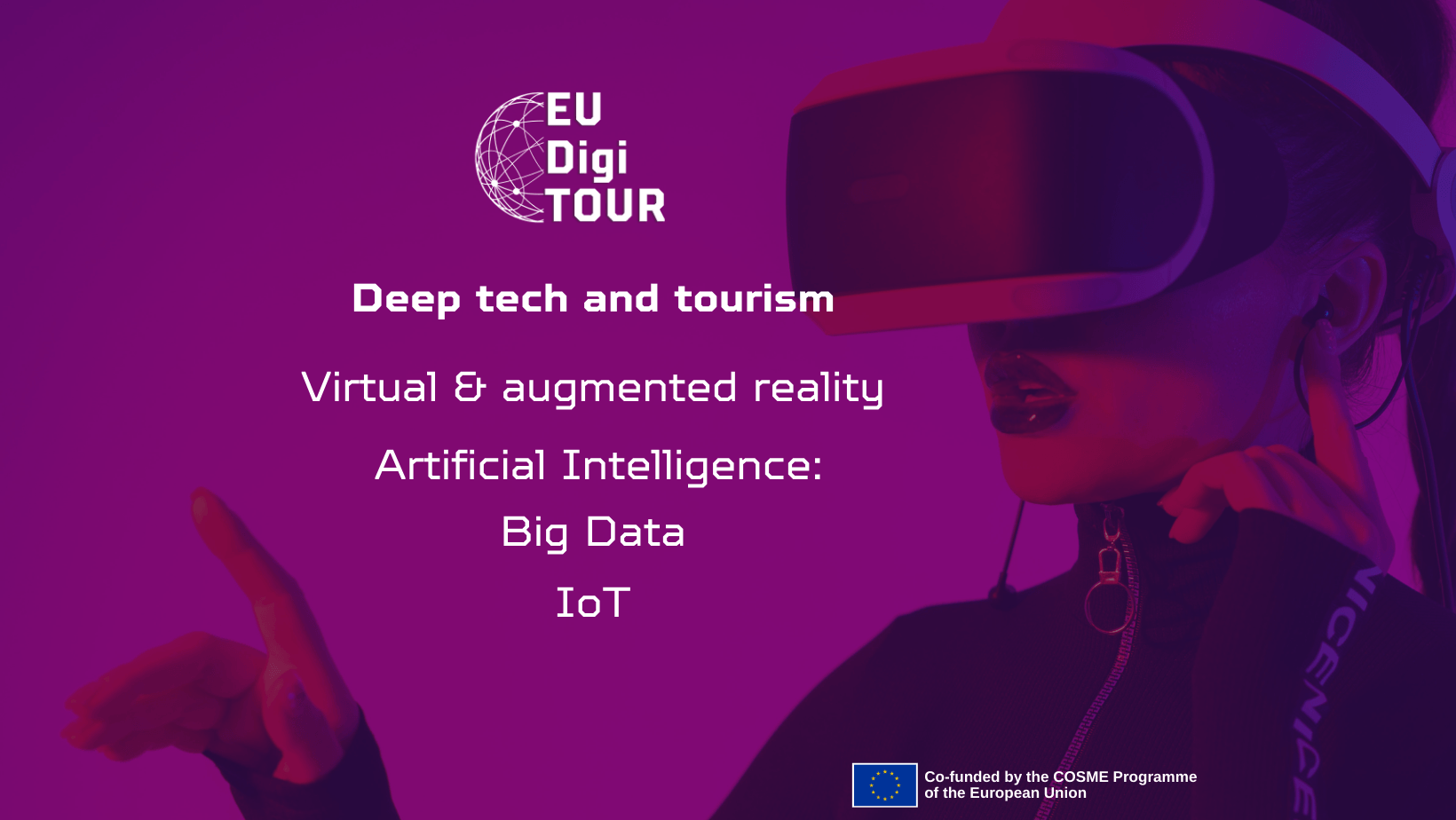
Tourism was one of the pioneers to digitize business processes globally, bringing flight and hotel booking online to become a digital launch. As information and communication technologies (ICT) became a global phenomenon, tourism was a consistent early adopter of new technologies and platforms. In other words, tourism and digitization are two indissoluble phenomena, destined to travel on the same track of mutual expansion and development.
The World Economic Forum (WEF, 2017) has estimated that in the decade to 2025, digitalization will create up to USD 305 billion of additional value for the tourism sector alone through increased profitability, while around USD 100 billion of value generated in the sector will transfer from traditional players to new digital competitors with innovative business models and value-producing capabilities. The digital transformation is also forecast to generate benefits valued at USD 700 billion for customers and wider society, through reduced environmental footprint, improved safety and security, and cost and time savings for consumers.
Among the trends shaping the new norm for the tourism sector:
- Artificial Intelligence: Artificial intelligence in tourism plays an increasingly leading role. While not new, AI technology is experiencing a period of acceleration due to current advances in data processing. The possibilities of its application in tourism are almost unlimited – from the hyper-personalization of services to the management of equipment, through guidance or the automatic production of editorial content. Personalization is one of the most dramatic aspects of applying AI in tourism. AI makes it possible to match the desires, habits, and preferences of the tourist with the product offered. Learning what the customer is looking for, buying and likes make it possible to create personalized and targeted offers, at all times of the trip.
- Virtual & augmented reality: AR/VR is playing a crucial role in transforming the tourism landscape and boosting travel experiences for tourists. In today’s fast-paced world, travelers love the ease of searching and booking tours on the go. The role of AR in travel apps has infinite possibilities. It has immense potential to assist and bring innovative changes to the travel and tourism industry. For travel and tourism agencies, providing such an experience to their customers can be very motivating advertising that highlights the atmosphere of the cities or locations. Virtual reality offers delights for the eyes and ears and entices the customer to dive deeper into that culture.
- Big Data: Big data has already proven useful for marketing purposes but also for tourism, notably to study tourist behavior. Big data can be effectively used to facilitate exploring popular tourism destinations and for identifying the best timeframe to visit a specific destination. Tourists produce a huge amount of data on a global scale, which can provide valuable insights into their practices and attitudes. This would allow for a deeper insight into the tourism sector, as compared to more traditional methods of surveys and interviews with focus groups. The digital transformation process has played a fundamental role in this, all digital interactions, both positive and negative, are effectively Big Data and can be transformed into useful information for market analysis to potentialize tourism offers.
- IoT: Smart Destinations require smart management as well as the integration of the stakeholders’ value chain throughout the entire process. In this process, IoT has a crucial role in enhancing the experiences of tourists, to more efficiently managing the destination, and offering a channel of information exchange. As a result, a more efficient destination, with better and more personalized experiences will improve the competitiveness of the tourism destination and of the quality of life of its citizens. New disruptive technologies, such as IoT, are crucial to achieving more efficiency and productivity in Tourism and Travel Industries.
Digitalization is bringing unprecedented opportunities for tourism to access new markets, develop new tourism products and services, adopt new business models and processes, upgrade their position in global tourism value chains and integrate into digital ecosystems. Additionally, it can improve tourism’s efficiency and resources to focus on strategic tasks, besides increasing the capacity to develop new business models, enter new markets, or internationalize operations. Join the EU DigiTOUR’s journey on boosting the development of digitalization in the tourism sector!
Sign up now for our newsletter to stay informed! http://eepurl.com/hSduyP
